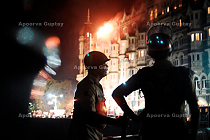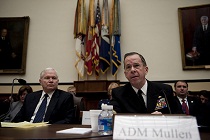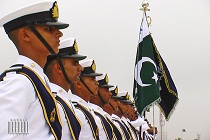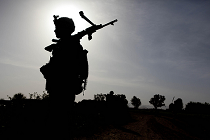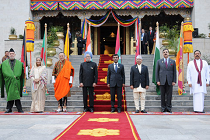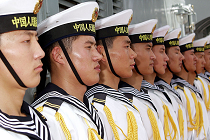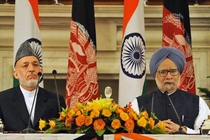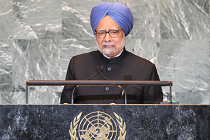India’s Hydra-Headed Terrorism
Ideological differences have spawned innumerable terrorist groups around the world, but historical records show that dissidence does have a shelf-life. Can India look forward to a future free of terrorism? Only if we can craft a consistent policy on Pakistan and depoliticise our internal processes of investigation

